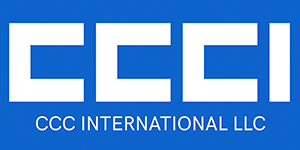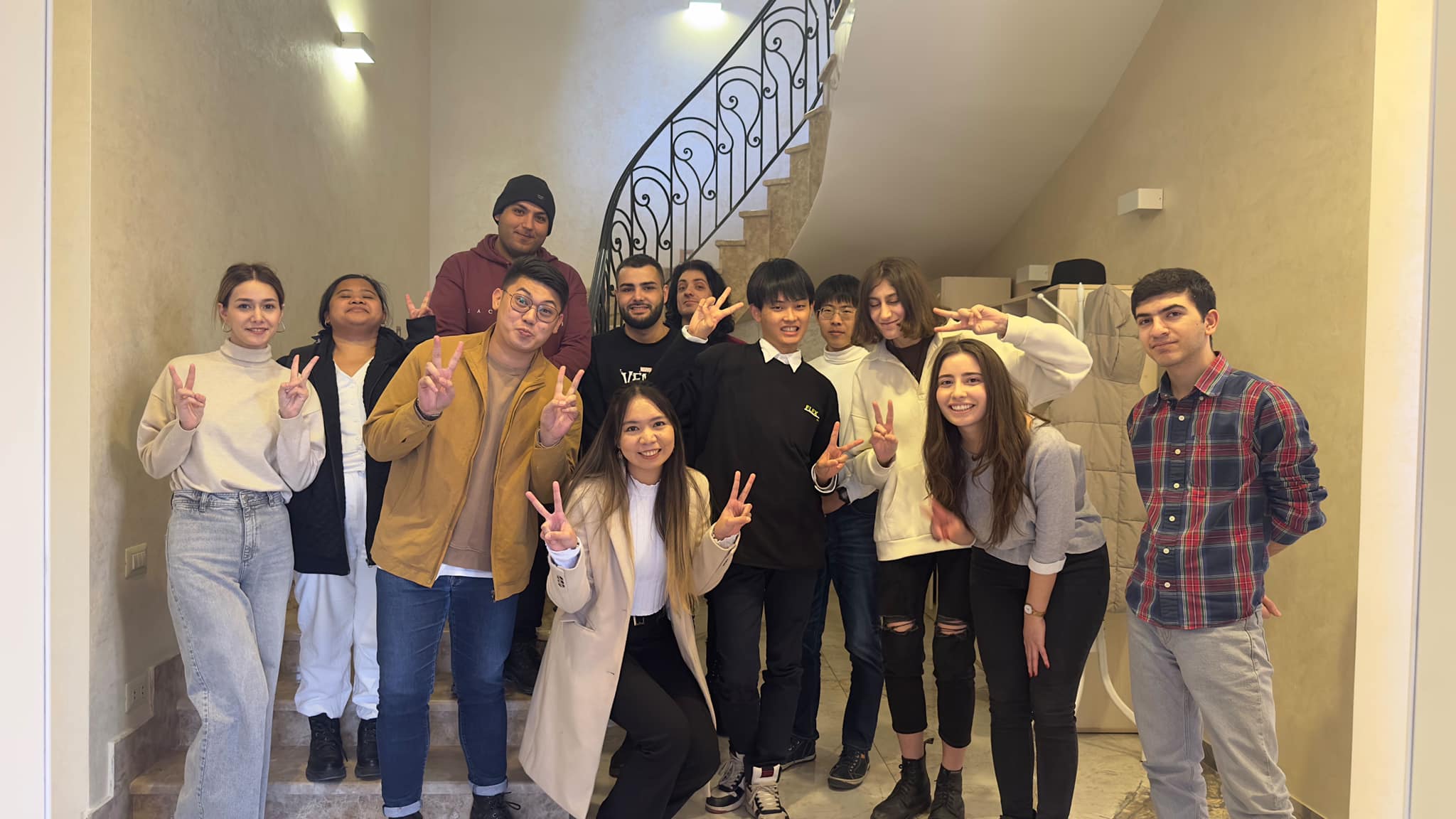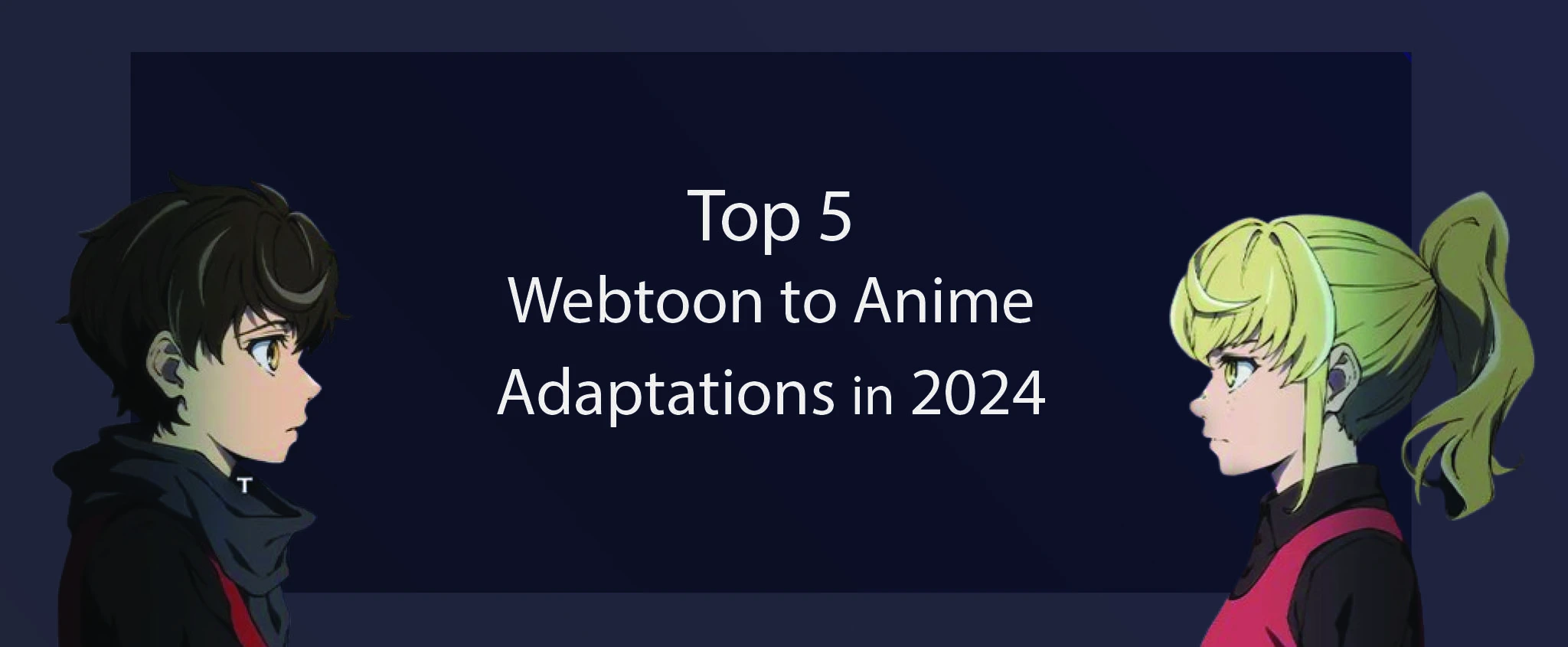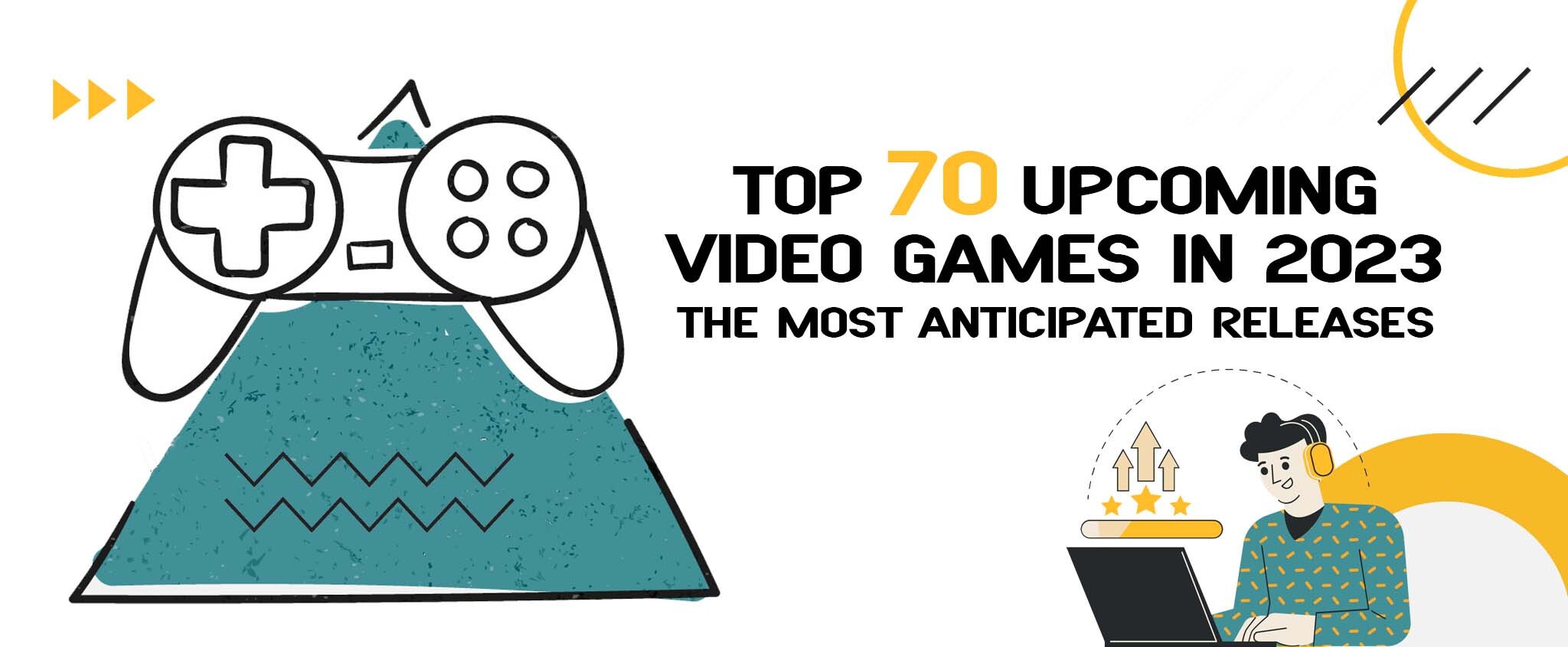The Director of CCCI and Her Journey
CCC International, the sister company of CCC (CREATIVE CONNECTIONS & COMMONS Inc.) founded by Daisuke Hasegawa and Ichido Miyake, was established in Armenia in 2019 as a professional translation and localization company.
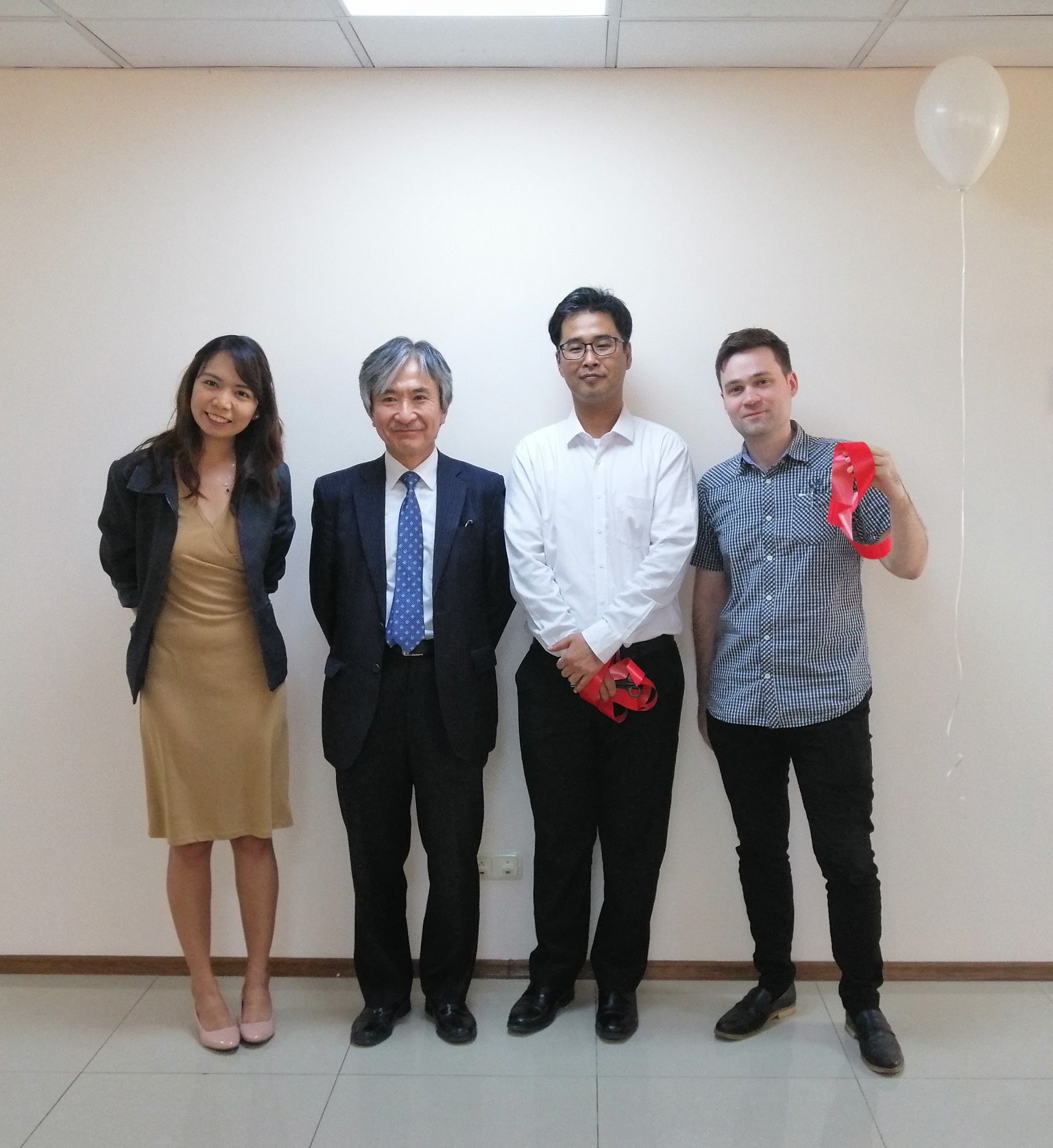
The director of CCCI, Anne Mendoza, has been with the company for nearly nine years and, during that time, has built a culture of success and growth. First, she was the general manager of CCC, then transferred to Armenia as a director of CCCI, a professional translation and localization company.
Since then, the company has grown into a leading company in the manga/comics translation and typesetting industry, as well as a multilingual game customer support company.
We started with 10-15 employees, and now, we have 40 people in-house and work with more than 200 freelancers all over the world.
In this article, our director provides answers to important questions and shares her valuable experience with us.
Who or what has shaped who you are now?
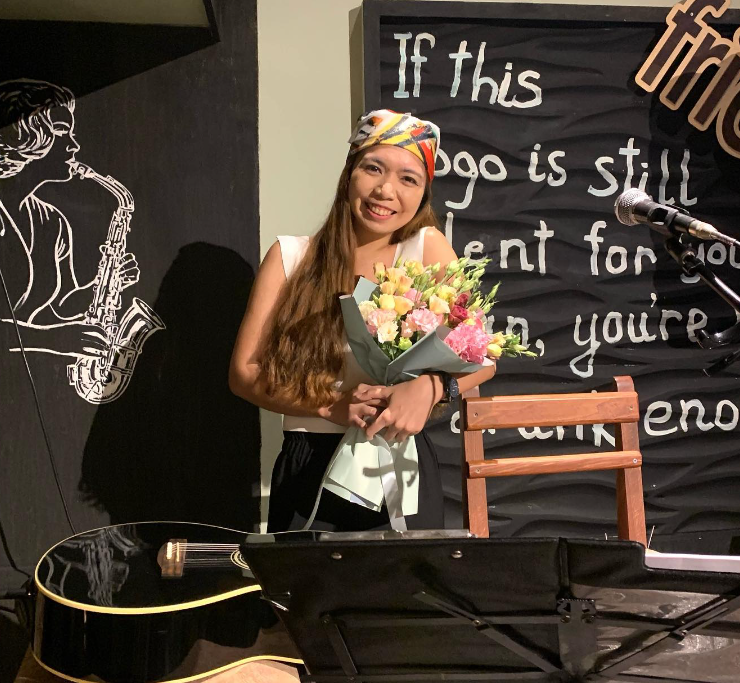
Many things, but I guess most of all, family, university, and the company culture itself. I have been with CCC and CCCI for almost 9 years now, so much of what I’ve learned as a director and as a person in general is shaped by our company. My university had a huge impact on me too. Since it was a public, national university and we were called “scholars of the country,” it was natural to adopt a sense of responsibility to return the favor and serve the people in the future.
Lastly, I belong to a tight-knit family, and most of my basic ethical standards have been shaped by this fortunately healthy environment growing up.
What is your overall philosophy for leading an organization?
To lead is to inspire.
What is the biggest challenge you have faced in your career? How did you overcome it and what did you learn from it?
I have faced many challenges in different areas in the past several years of my career. A solution that applies to almost each one of them is simply to communicate honestly and immediately, whether that is towards the staff, the clients, the executives, or other stakeholders. If there are any issues, identify the root cause and possible solutions and immediately inform the people involved. This is always the first step. It may be difficult at the beginning but as soon as you have imagined the worst possible outcome and then communicated them to others, your focus will shift towards problem-solving, and you will have other people to support you in that process.
How do you choose the priorities that will guide the company?
Longevity is always the first priority. We want to be in the business for as long as possible to have our vision and mission materialized, so most of the decisions we make must be rooted in this.
What is CCCI’s goal for the next 5 years and what actions do you take? (to become a leading company in the manga/comics translation industry)
In terms of the comics industry, we have seen how much it has grown over the past couple of years. Manga was not as mainstream as it is right now. Webtoons’ popularity has skyrocketed, thanks to K-drama and K-culture as well. Chinese webcomics are also thriving in many parts of the world. CCCI aims to continue to support the lateral and vertical growth of the comics industry not only through localization, but also hopefully through other forms of art and content creation.
For language service providers in a technology-driven world with AI at the forefront, it is tempting to worry about where the future will take us. But at CCCI, we aim to support the advancements of our society through our multilingual data collection services and human post-editing and translation work, while understanding that innovation will be inevitable and work functions will evolve at an exponential pace.
We also continue to be involved in other areas of the entertainment industry. In the near future, we want to expand our services and increase our client portfolio for game localization and film translation and subtitling.
How much has CCCI grown since the opening?
We started with 10-15 people at the beginning; now, we have 40 people in-house and are working with or have worked with more than 200 freelance staff.
What is CCCI’s key to achieving success?
Chase opportunities and be open to new experiences. This year, we have significantly increased our client portfolio, opened many new language pairs for translation, and successfully launched and provided new services such as film subtitling and comic coloring. We shall continue to forge ahead with this mindset.
Who is your role model in the business environment?
There are many people to learn from in the business world. I look up to Steve Jobs’ innovative and independent thinking and his ability to bring out the best in people. My number one model, however, is not necessarily from the business world: President Barack Obama. I try to learn from his style of leadership and communication.
What is the N1 quality that you look for in all of your employees when bringing them onto the team?
Talent. I believe that if someone has the natural ability to learn things quickly, they can overcome any type of challenges in the workplace.
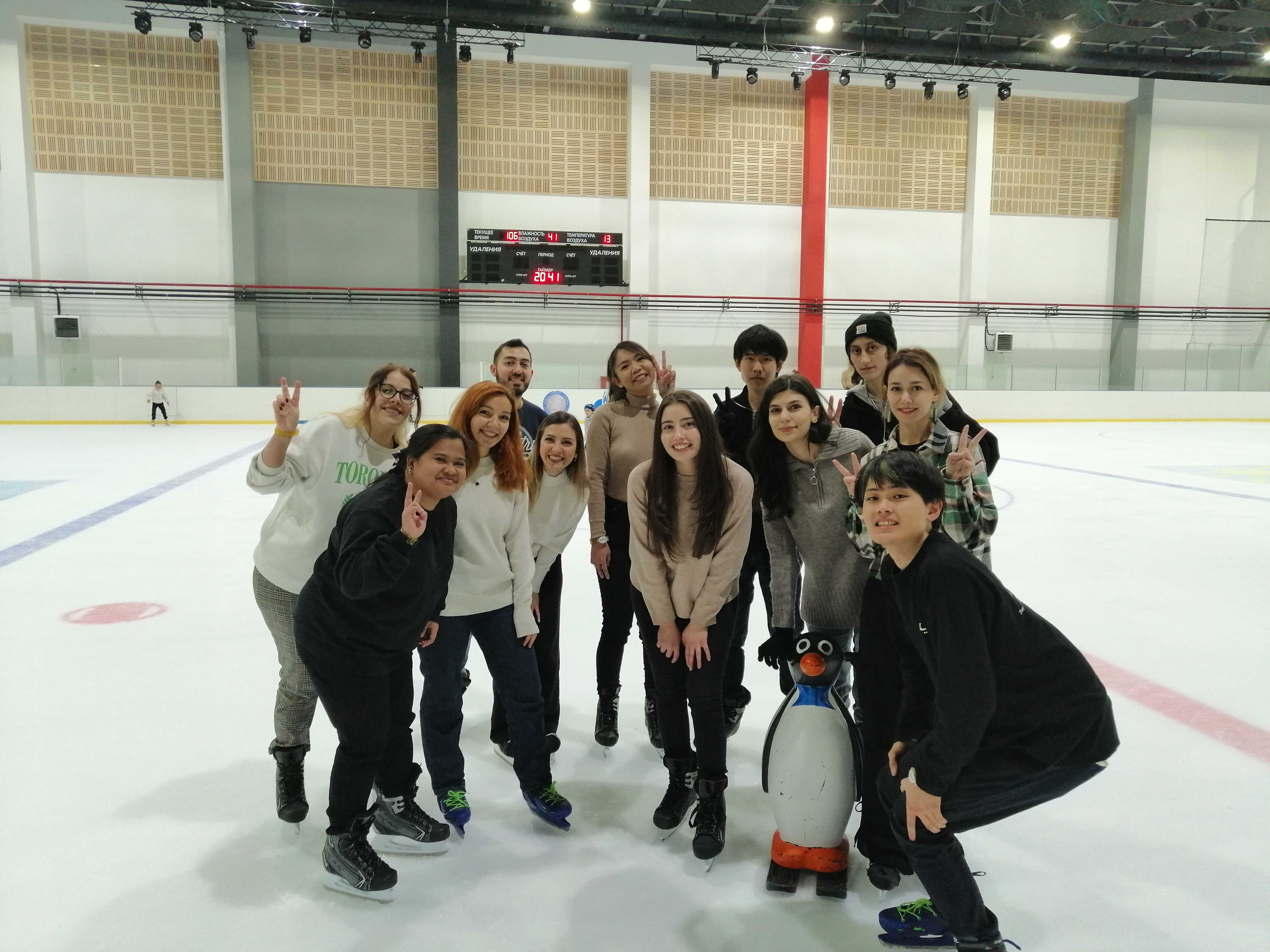
What are your biggest accomplishments since you are a director of the organization?
Having started partnerships with companies all over the world. We used to work only with Japanese companies, but with CCCI, we were able to cooperate with companies in Korea, the U.S., the U.K., and many other countries all over the world. Another one would simply be having opened a company in a country that I had little experience with or knowledge of and having created a tightly-knit community among our in-house staff and freelancers. CCCI is only three years old. Despite facing hurdles along the way, thanks to our talented and passionate team members and the support of our clients, CCCI has a promising future ahead of it.
In conclusion, we can say that CCCI has grown and succeeded a lot since its inception three years ago.
With a team of talented and passionate people and with the leadership of director of CCCI Anne Mendoza, CCCI is determined to continue its mission of providing only high-quality services, expanding its services, and creating new stories.
